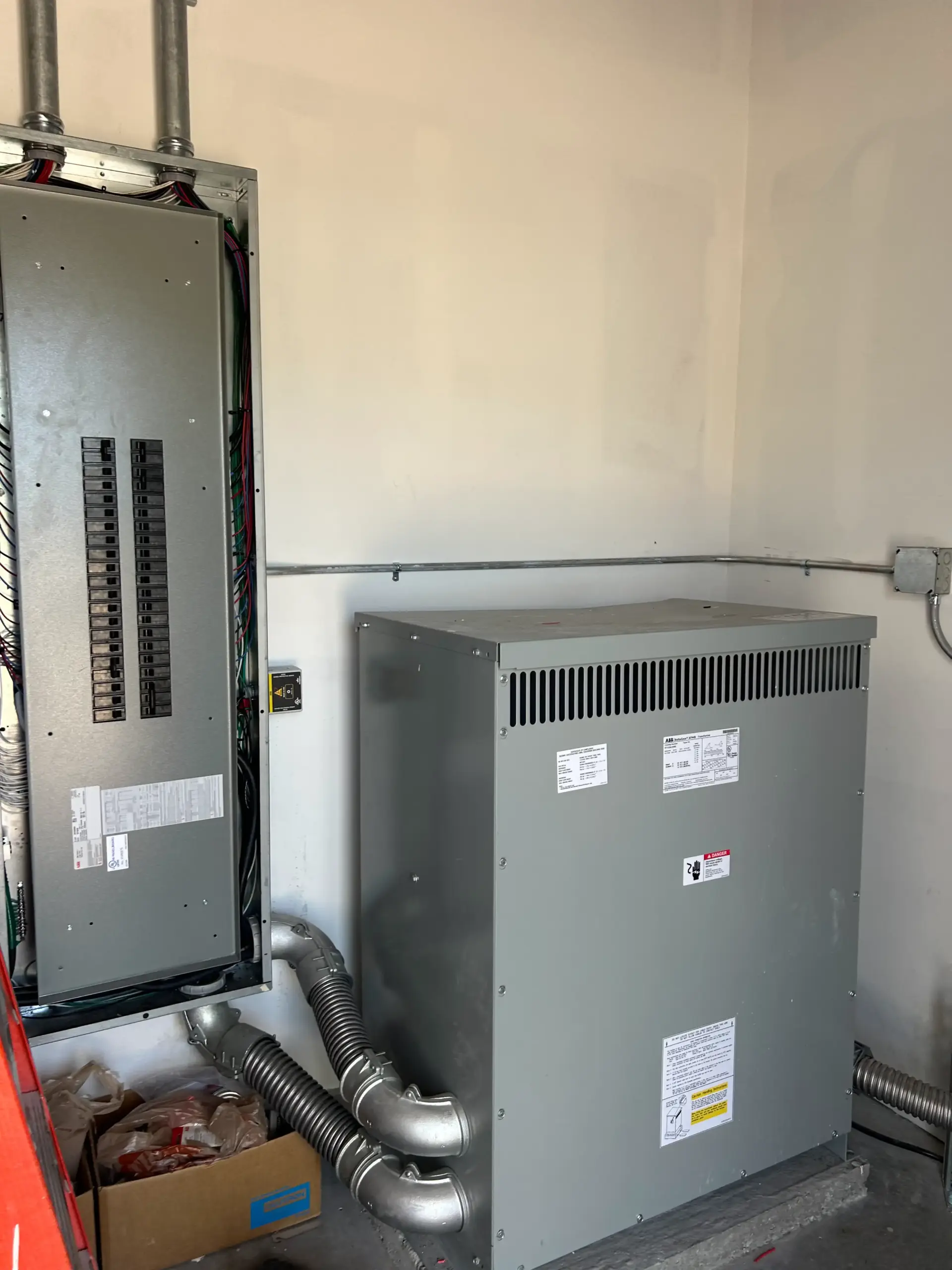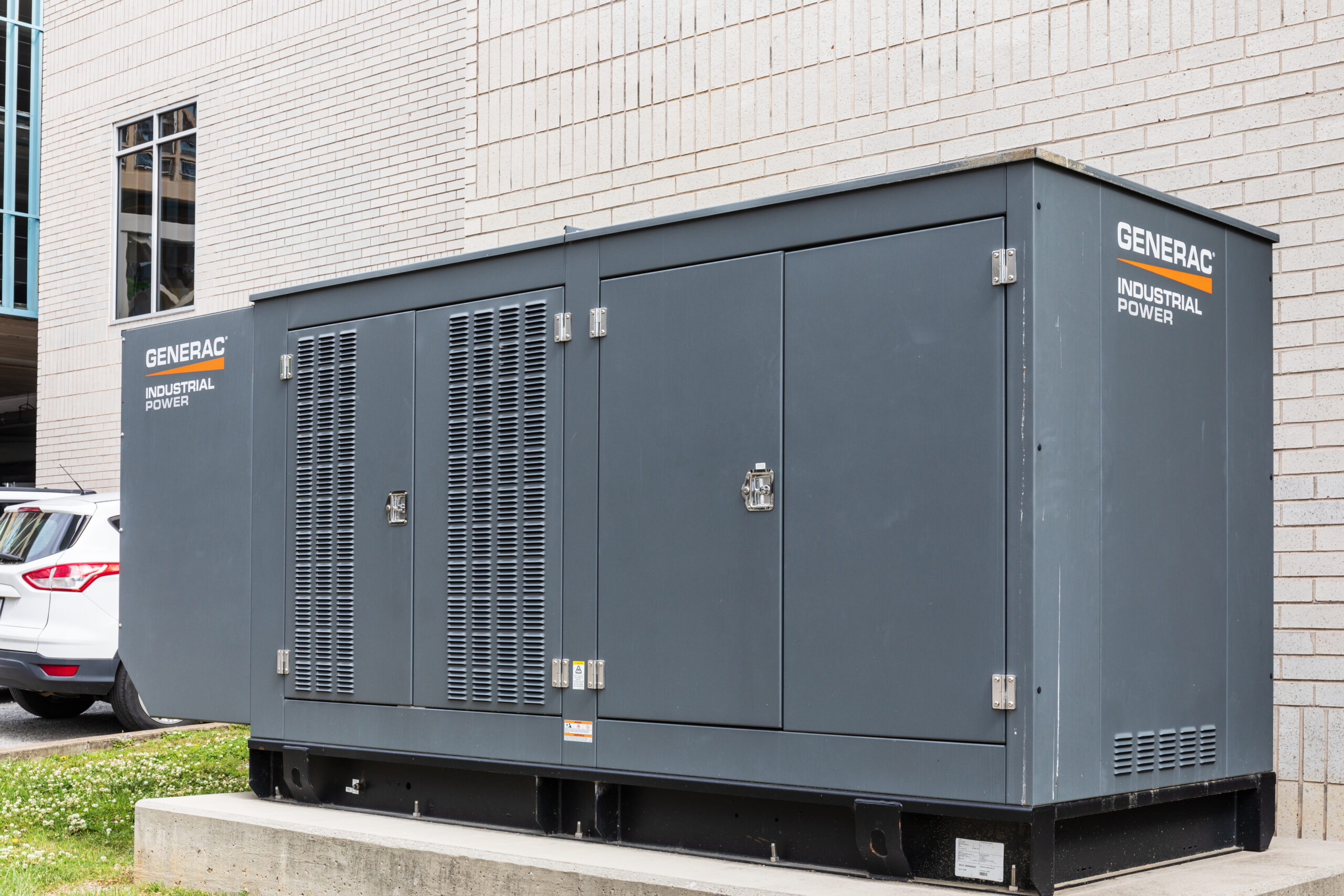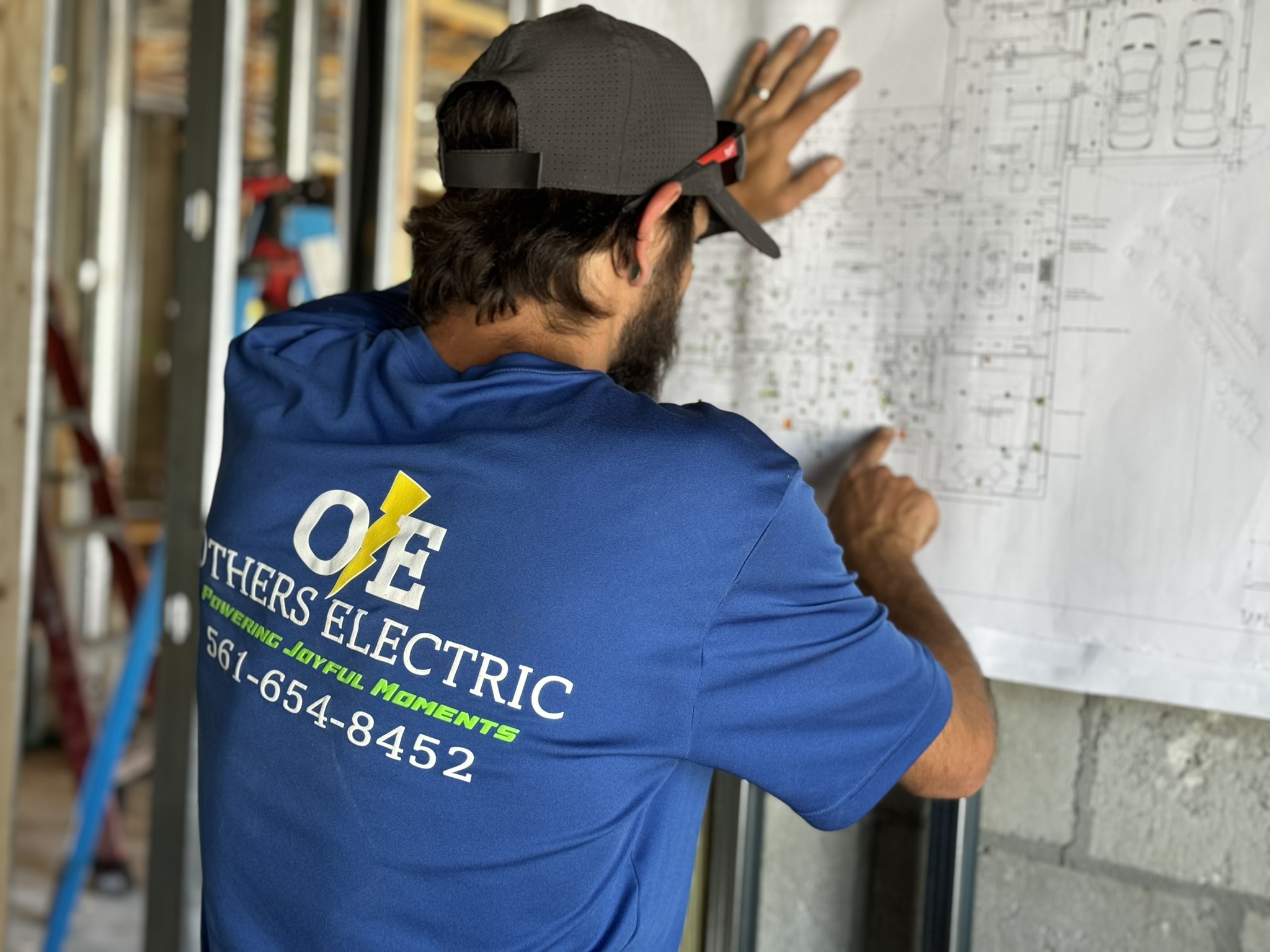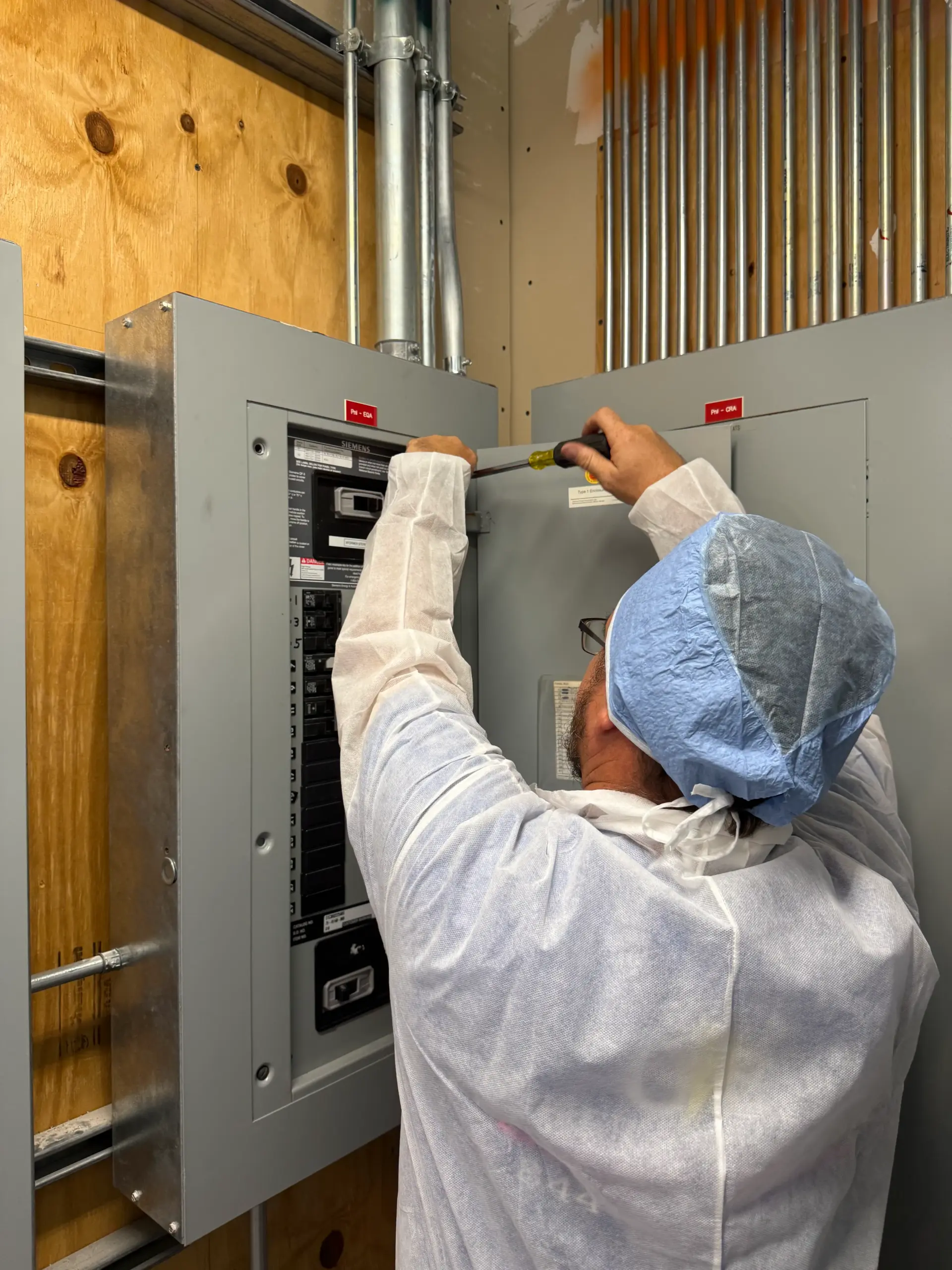The transition to electric vehicles (EVs) is accelerating as more consumers recognize the benefits of lower emissions and reduced dependence on fossil fuels. However, one of the most common questions prospective EV owners ask is: How much does it cost to charge an electric car? The answer depends on several factors, including electricity rates, battery capacity, charging speed, and where you charge your vehicle.
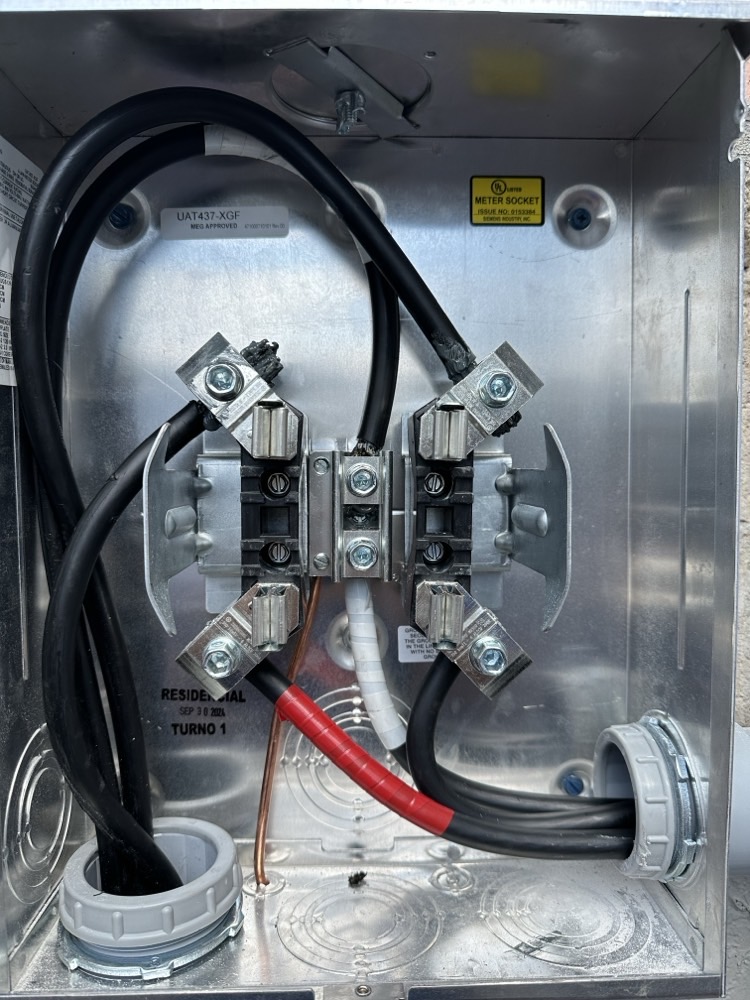
Understanding Electricity Costs for EV Charging – How Much Does it Cost to Charge an Electric Car
Unlike gasoline-powered vehicles, which have fluctuating fuel prices, the cost of charging an electric car is primarily influenced by electricity rates. The price per kilowatt-hour (kWh) varies depending on your location, time of use, and utility provider. In the United States, the average residential electricity rate is around $0.16 per kWh, but this rate can be higher or lower depending on the state and the time of day. Some utilities offer time-of-use (TOU) plans, which provide lower rates during off-peak hours, making it more affordable to charge an EV overnight.

Calculating the Cost to Charge an EV at Home
To estimate the cost of charging your EV at home, you need to consider the following:
- Battery Capacity: The size of the battery, measured in kilowatt-hours (kWh), determines how much electricity is needed to fully charge the vehicle.
- Electricity Rate: The cost per kWh varies based on your location and provider.
- Charging Efficiency: There is a small amount of energy loss during the charging process, usually around 10-15%, meaning more energy is consumed than what is stored in the battery.
For example, if you own an EV with a 60 kWh battery and your electricity rate is $0.16 per kWh, a full charge would cost:
60 kWh x $0.16/kWh = $9.60
If your charging efficiency is 85%, the actual cost would be slightly higher, around $11.30 per full charge due to energy losses.
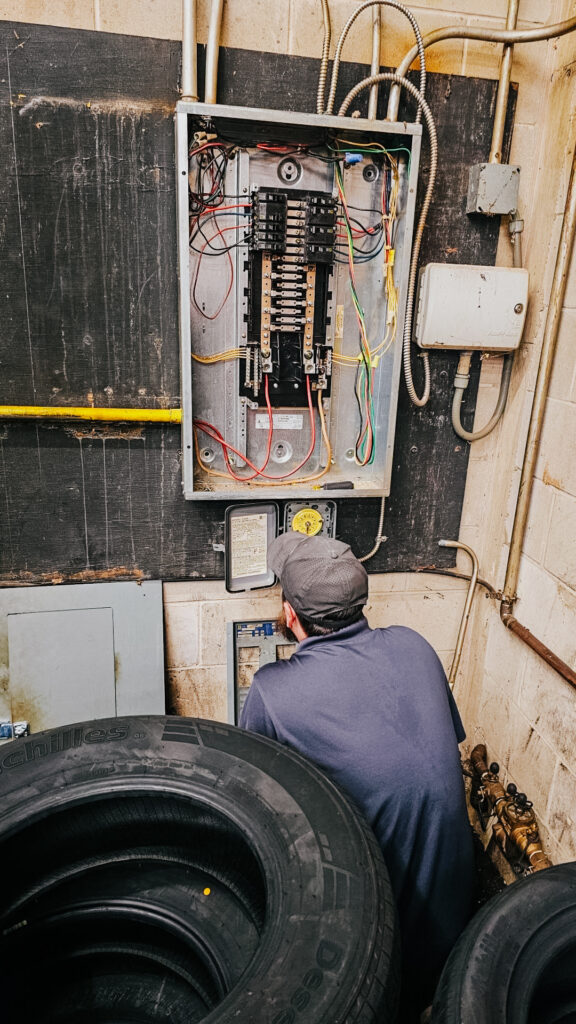
Public Charging vs. Home Charging Costs
Public charging stations are convenient, but they often come at a higher price than home charging. There are three main types of public EV chargers:
- Level 1 Chargers: These are standard 120V outlets and are the slowest option, usually taking over 24 hours to fully charge a battery.
- Level 2 Chargers: These 240V chargers significantly reduce charging time and are commonly found in homes, workplaces, and public locations. The cost to use them ranges from $0.10 to $0.30 per kWh.
- DC Fast Chargers: These high-powered chargers can recharge most EVs to 80% in under 30 minutes, but they come at a premium, typically costing $0.30 to $0.60 per kWh.
For example, if you use a DC fast charger to add 50 kWh to your battery at a rate of $0.40 per kWh, the total cost would be $20.00, making it more expensive than home charging.

Charging Costs Based on Vehicle Model
Different EVs have different battery capacities, which affects charging costs. Here are a few examples:
- Tesla Model 3 (Standard Range Plus) – 54 kWh battery (~$8.64 for a full charge at home)
- Ford Mustang Mach-E (Extended Range) – 88 kWh battery (~$14.08 for a full charge at home)
- Nissan Leaf (40 kWh battery) – (~$6.40 for a full charge at home)
The Impact of Solar Power on Charging Costs
Homeowners with solar panels can significantly reduce or even eliminate their EV charging costs. By generating renewable energy, you can charge your vehicle without relying on the grid, reducing your electricity expenses and carbon footprint.
Government Incentives and Rebates
Some states and utility companies offer incentives to reduce the cost of EV charging. These may include rebates for installing home charging stations or discounted electricity rates for EV owners. Checking with your local utility provider can help you find savings opportunities.

Final Thoughts
Charging an electric car is more cost-effective than refueling a gasoline vehicle, particularly if you charge at home. While public charging can be more expensive, planning ahead and using off-peak electricity rates can help keep costs low. Whether you’re considering an EV for financial savings or environmental benefits, understanding how much it costs to charge an electric car will help you make an informed decision.
For more information on electric vehicle charging solutions, visit Others Electric, where you can find expert electrical services to optimize your home charging setup. You can also explore resources from organizations like the U.S. Department of Energy for additional insights into EV ownership and charging costs.


